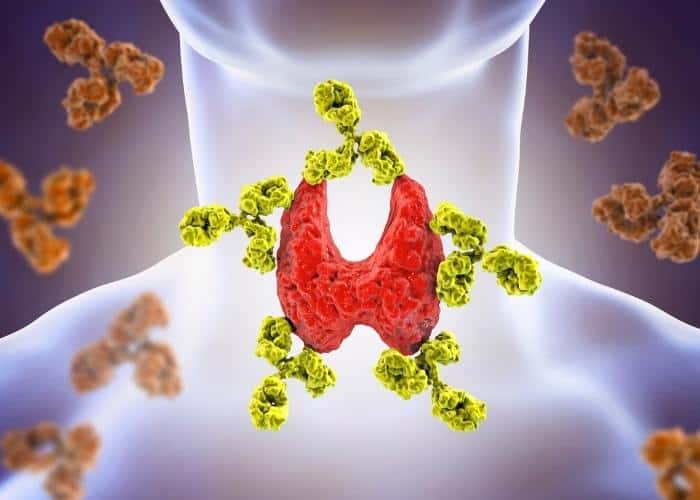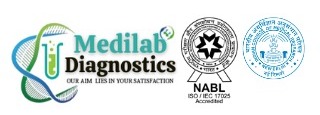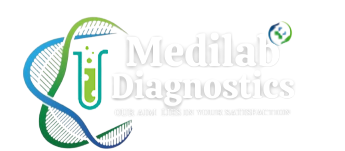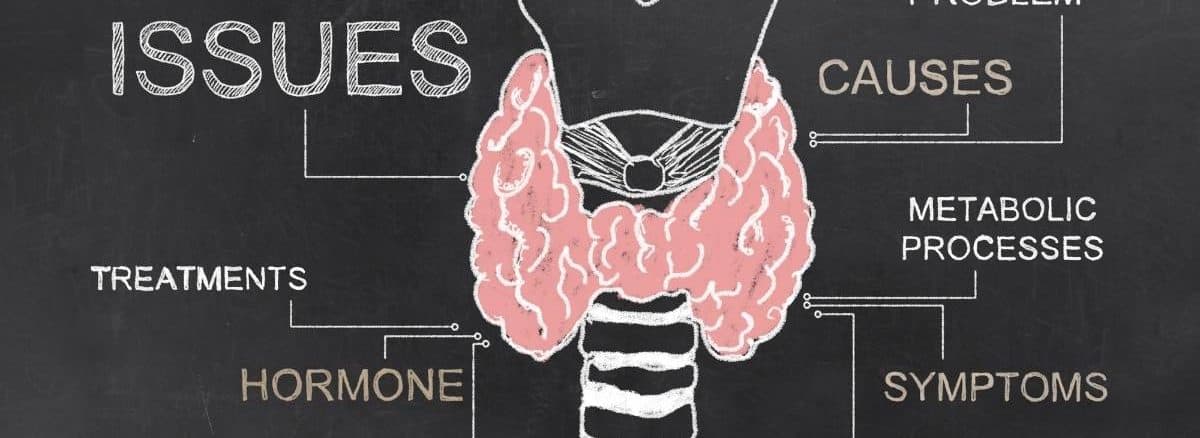Have you been overweight and feeling very tired lately it may be a normal part of ageing but it may be a condition called hypothyroidism or an underactive thyroid.
The thyroid gland is a tiny butterfly-shaped gland in your neck that produces hormones chemical agents that control many organs and functions in your body.
If your thyroid is not producing enough of these critical hormones these processes slow down and that can lead to worse symptoms.
You may not know you have hypothyroidism because the symptoms are slow and maybe for other reasons but may become worse over time.
Hypothyroidism can affect anyone at any age but is at high risk.
If you are a woman you have a family history of thyroid disease or have five autoimmune diseases over 100s people have hypothyroidism and many do not even know that it may be the cause of hypothyroidism.
If you feel tired for no reason or have other symptoms of hypothyroidism then consult your doctor an effective treatment can help you manage.

Also Read: 5 Types Of Food To Avoid With Hypothyroidism
Symptoms of Hypothyroidism
Sleeping disorders and fatigue
People with hyperthyroidism find it difficult to fall asleep very easily, and therefore feel more tired and tired. An overactive thyroid triggers insomnia due to restlessness and anxiety and makes sleep difficult.
Weight loss
One of the major symptoms of hyperthyroidism is weight loss. No matter whether a person eats their normal diet or more than usual, there is persistent weight loss with hyperthyroidism.
Mood swings and psychotic changes
In hyperthyroidism, a person is more likely to experience anxiety and panic attacks – usually feeling that they cannot relax at all. Also, due to the high amount of thyroid hormone in the blood, it becomes difficult to concentrate.
Muscle pain
This condition is known to cause a variety of joint and muscle problems, usually including grasping objects firmly, reaching arms above the head, and even climbing stairs.
Irregular periods and infertility
People who experience fewer, fewer and lighter periods are more likely to have problems with infertility. It is very important to have regular and normal periods.
Skin changes and hair loss
Hyperthyroid conditions can cause hair loss commonly on the scalp and may even result in thin, fragile skin.
Cholesterol levels
With this disorder, most people are likely to experience abnormally low cholesterol levels.
Blood pressure levels
In the presence of the condition called hyperthyroidism, the systolic, the upper value of the blood pressure reading, rises while the diastolic, or lower reading, remains constant or goes down.
Heart rate
The heart beats faster than normal and the person is likely to experience heart palpitations or palpitations. Immediate care is recommended.
Hypothyroidism Causes
If you have a problem with your thyroid that has necessitated surgical removal of the thyroid, you may be suffering from hypothyroidism as a direct result.
There is also a condition called congenital thyroid agenesis, which describes someone who was born without a thyroid, causing the person to suffer from hypothyroidism.
Medicines
There are several prescription drugs that can damage the thyroid gland. It can also happen, in some cases, with certain medications that are actually commonly prescribed to hypothyroidism sufferers to get rid of their condition.
Genetic Defect
Hypothyroidism can also result from some kind of genetic defect. If the genes responsible for regulating thyroid hormones have been damaged, it is likely that the person will contract hypothyroidism.
Most of these gene defects are detected at a very young age.
Pituitary problems
It is possible, although not common, hypothyroidism can be caused by a malfunction of the pituitary gland.
The pituitary gland itself produces a hormone that is responsible for stimulating the thyroid to produce thyroid hormones. Without this stimulation, the thyroid gland does not function properly.
Hypothyroidism Diagnosis
Your doctor can diagnose hyperthyroidism and hypothyroidism by testing the level of thyroid hormones in your blood. Thyroid-stimulating hormone (TSH), a chemical released by the pituitary gland that triggers your thyroid, is also measured in the tests.
When you’re hypothyroid, you have high TSH levels because your body is trying to tell your thyroid to make more hormones. The opposite is true with hyperthyroidism: TSH levels are below normal and thyroid hormone levels are high.
An uncommon type of thyroid cancer can be diagnosed through a blood test that measures levels of a hormone called calcitonin, which is needed for bone formation.
Hypothyroidism Treatment
Thyroid hormone medication
Levothyroxine is the ingredient contained in the most trusted synthetic drug for treatment. After initiation of treatment, appropriate dosage levels need to be adjusted to meet appropriate dosages. Lifelong treatment through medication may be necessary if hypothyroidism is a result of Hashimoto’s disease.
Natural healing remedies
There are natural treatment options available that can be very effective. Kelp, vitamin B-complex, zinc, L-tyrosine, selenium, bladder crack are common natural remedies. In the case of kelp, it is the consumption of iodine, in which kelp is rich, that is important.
Another important aspect of treatment is regular exercise and a good, balanced, clean diet. As stated above, fatty and sugary foods are often the cause of the condition and need to be eliminated or drastically cut down as part of the treatment.


